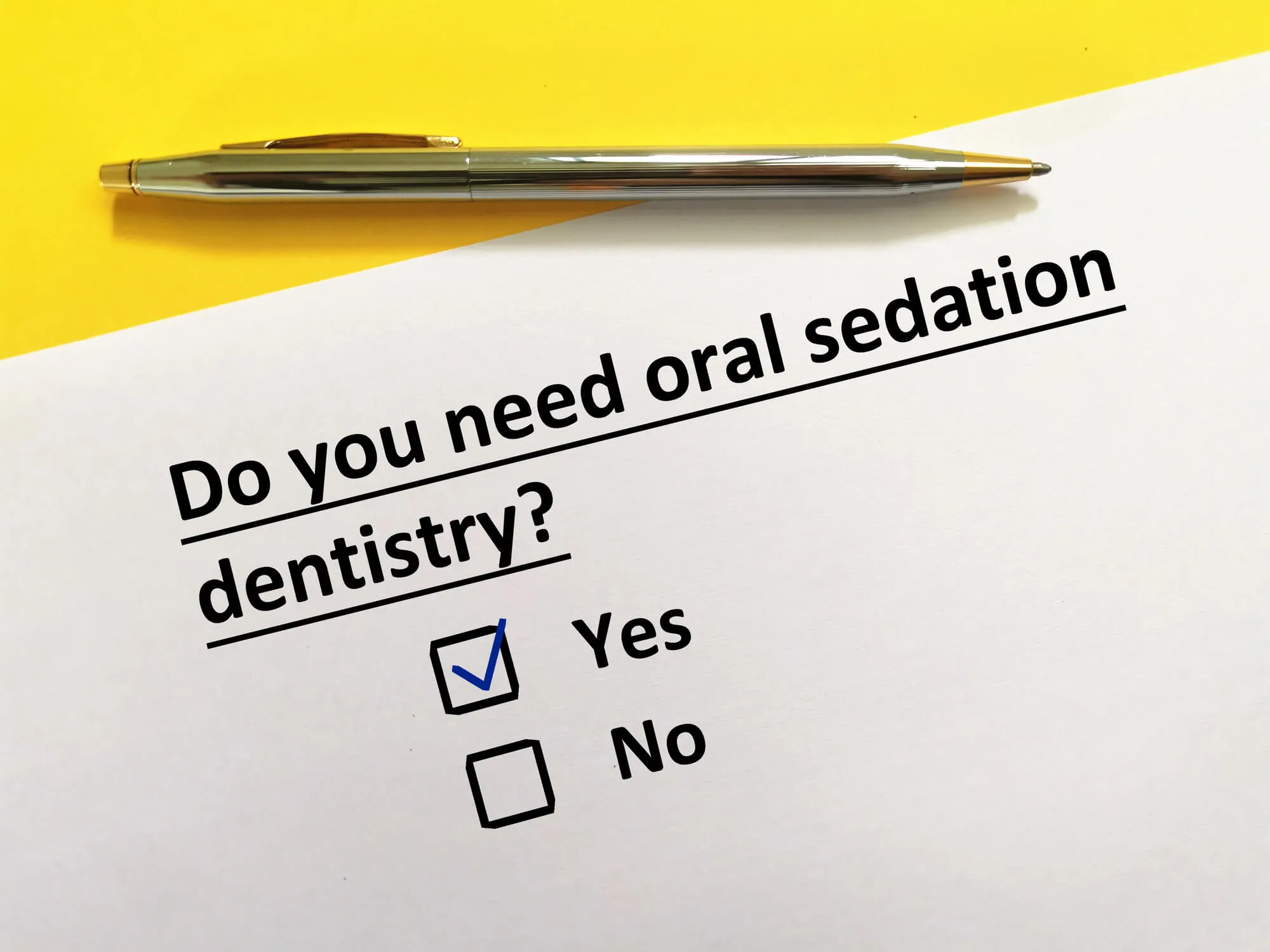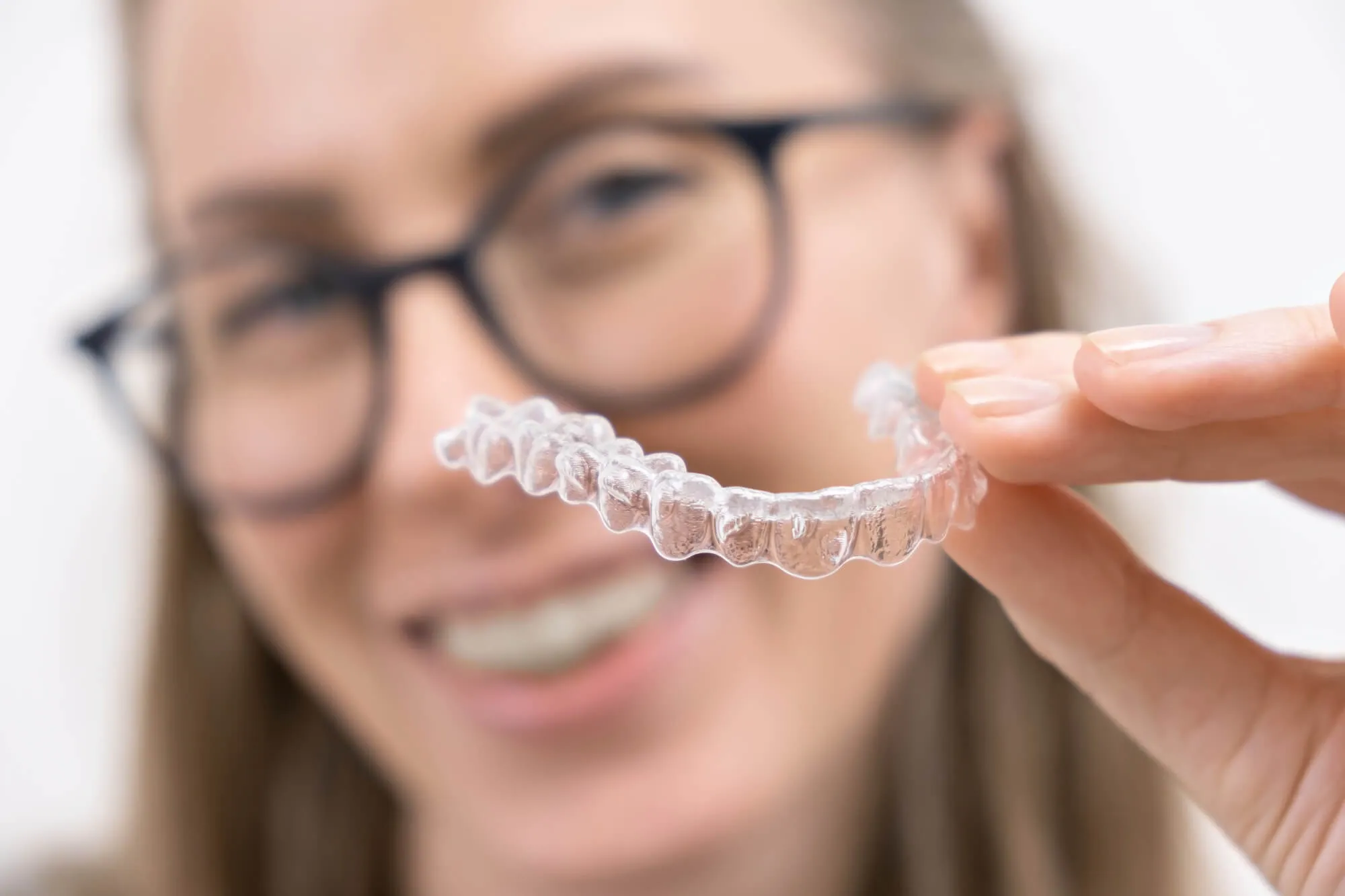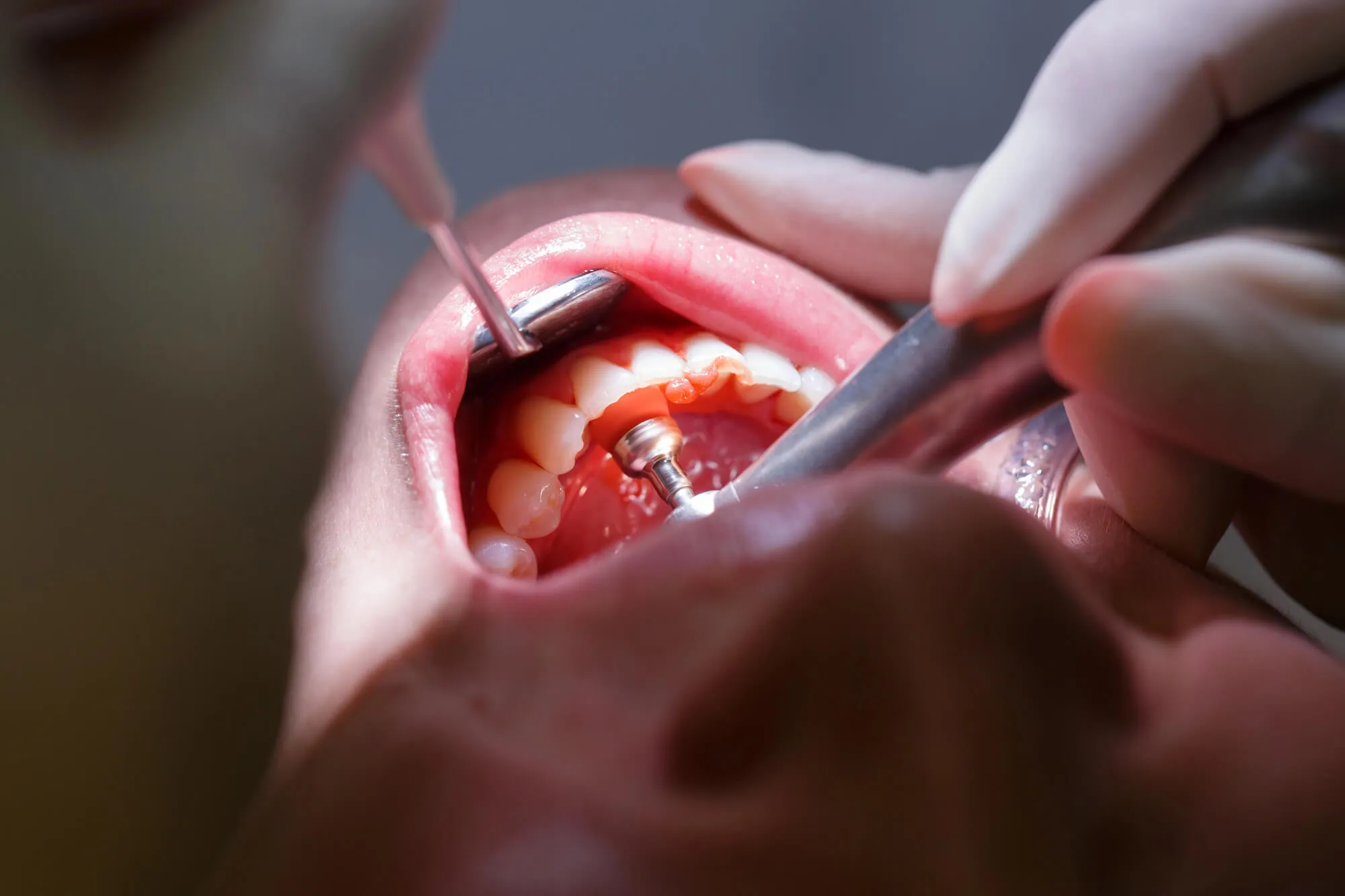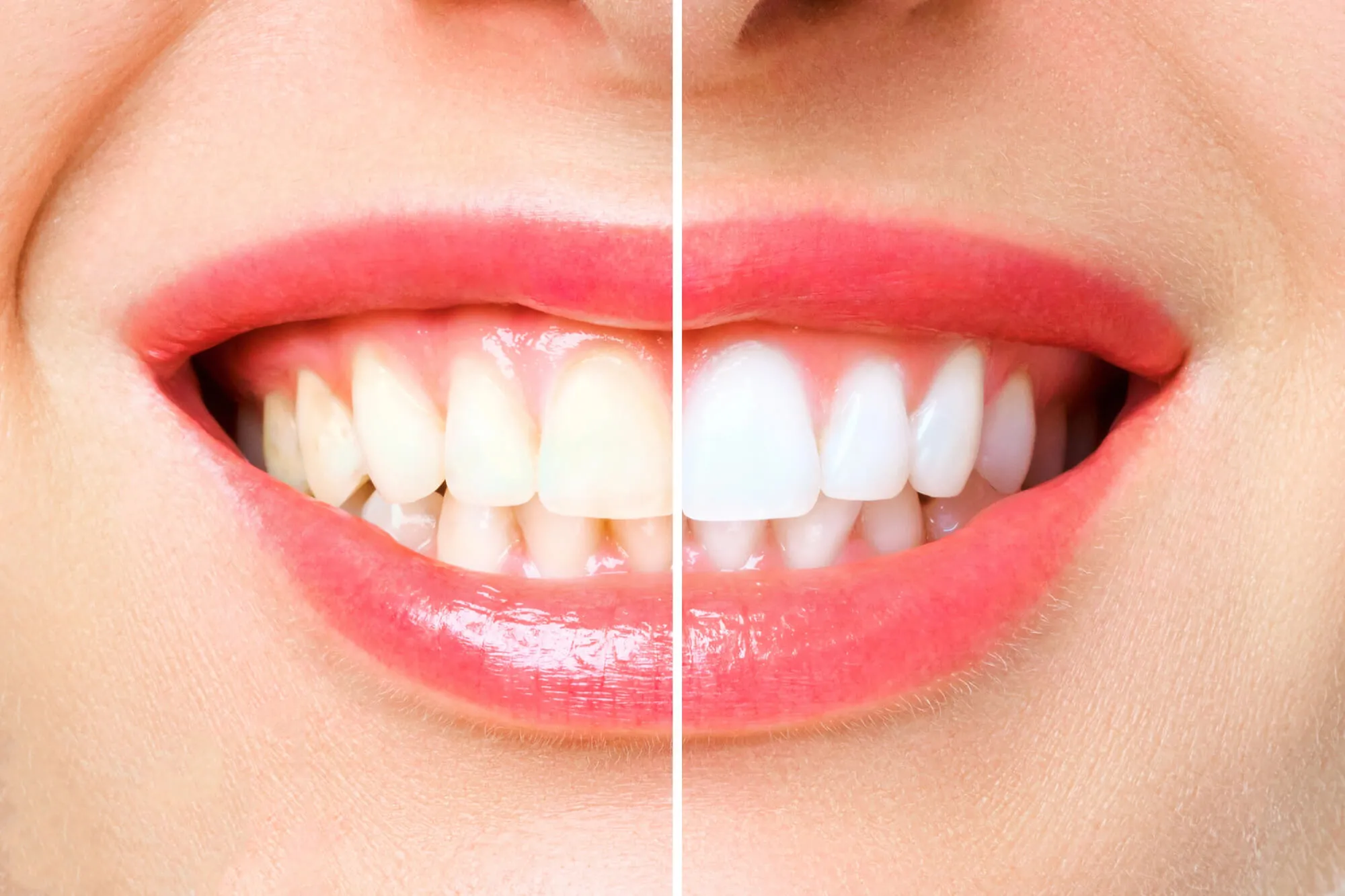Complete vs Partial Dentures: A Patient’s Guide to Making the Right Choice
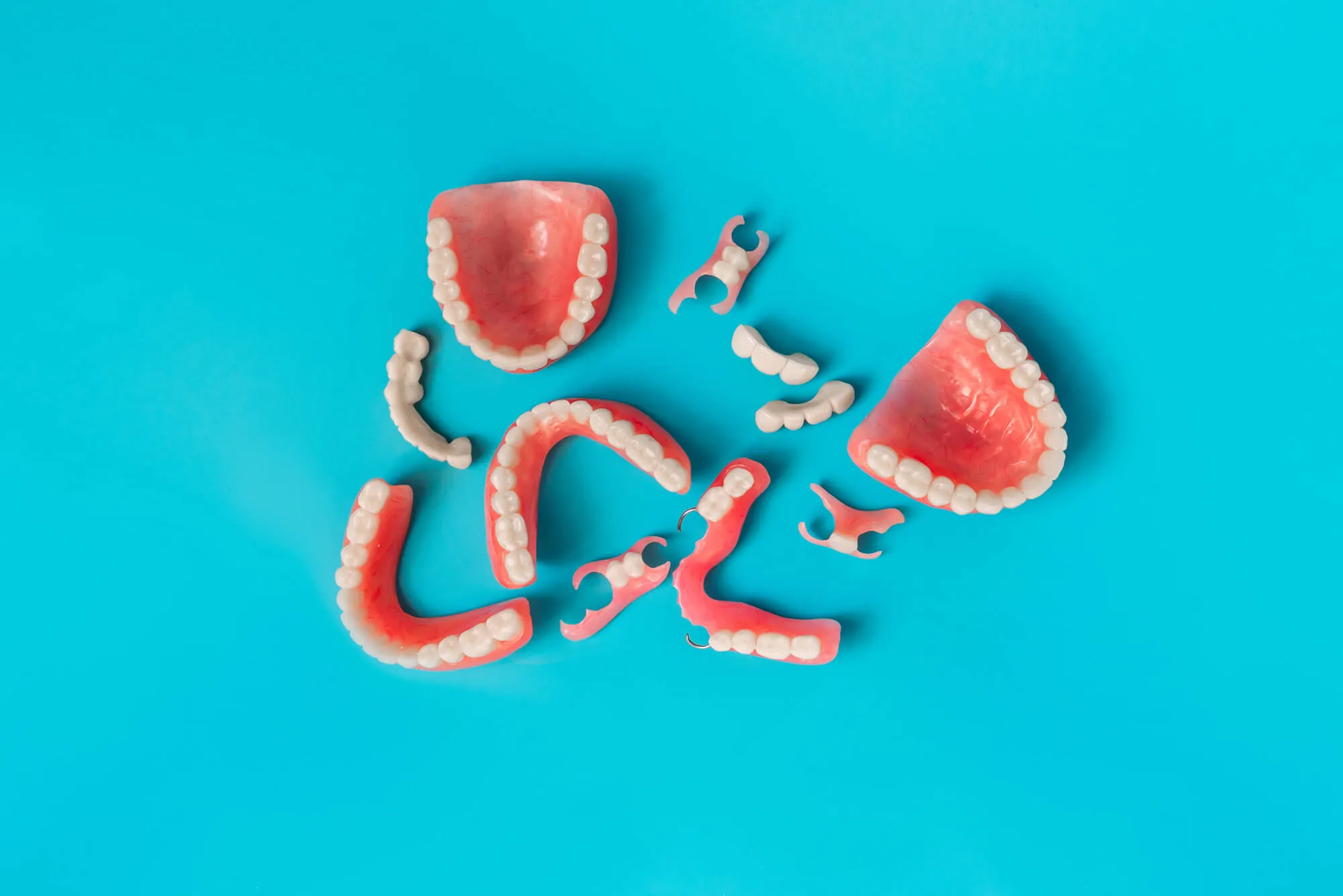
Tooth loss can happen to anyone. It may be caused by aging, decay, gum disease, or injury, and it often affects more than just appearance; it can impact the way you eat, speak, and feel about yourself. Fortunately, modern dentistry offers dependable options to restore both function and confidence. Two of the most common choices are complete and partial dentures in Fort Lauderdale.
Both serve the same overall purpose - replacing missing teeth. However, they are designed for different situations. This guide will explain the differences, highlight the benefits of each, and share the key factors to consider so you can decide which option is best for you.

Understanding Complete Dentures
Complete dentures, often called “full dentures,” are recommended for patients who have lost all of their teeth in the upper jaw, lower jaw, or both. These dentures rest directly on the gums and are custom-made to fit the unique shape of your mouth.
Modern complete dentures are usually made from durable resin that looks natural and resists stains better than traditional acrylic or porcelain. They are crafted with precision to restore both the function of natural teeth and the appearance of a full smile.
The benefits of complete dentures go beyond aesthetics. They support the facial muscles, preventing the sagging look that can occur after total tooth loss. They also allow you to eat various foods again and speak more clearly.
That said, complete dentures can take time to adjust to, especially if you’ve never worn them before. Over the years, gums and jawbones naturally change shape, which means your dentures may need relining or replacement to maintain a secure and comfortable fit.
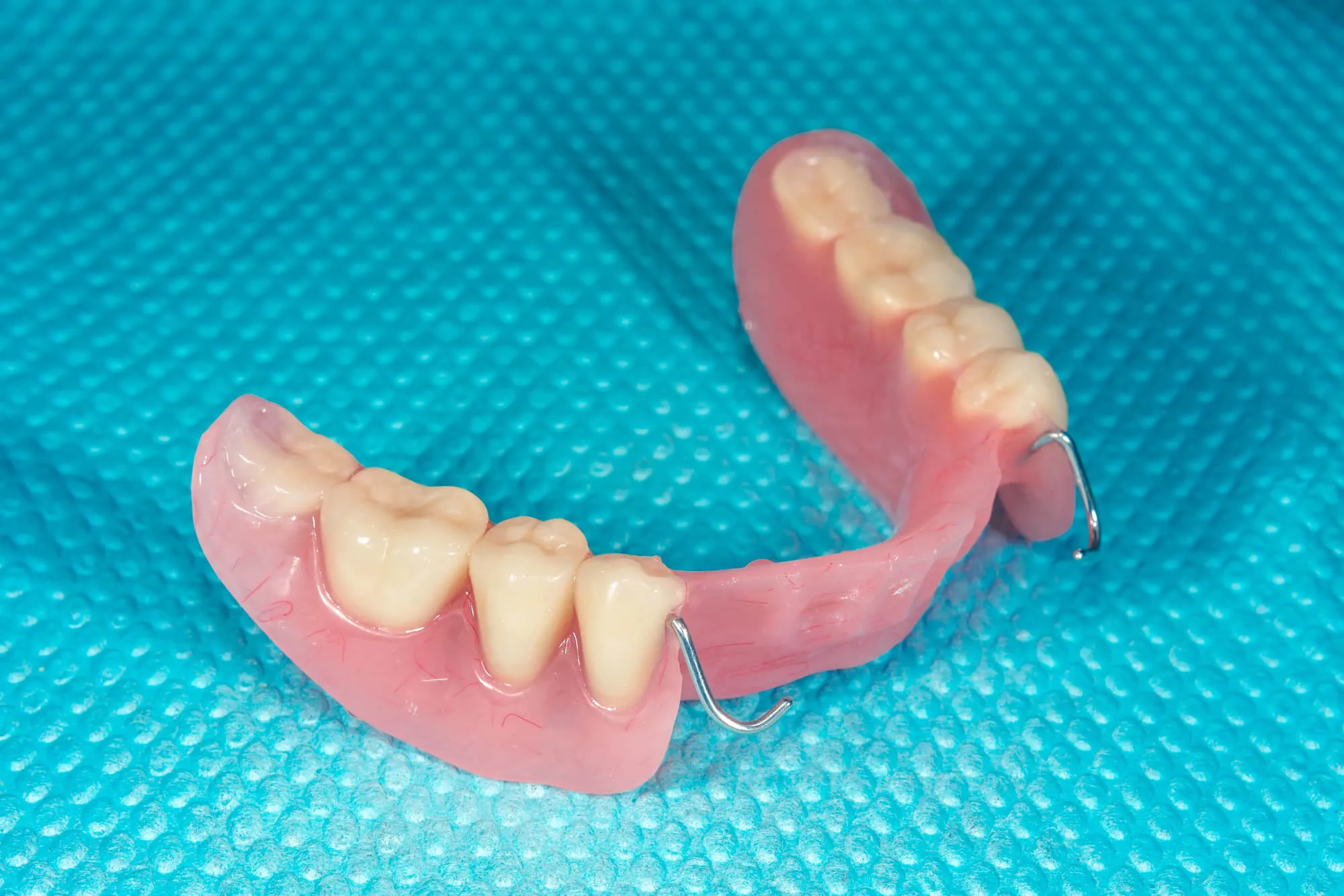
Understanding Partial Dentures
Partial dentures are designed for patients who still have some natural teeth remaining. Instead of replacing an entire arch, partials fill in the gaps where teeth are missing and are supported by both the gums and the remaining teeth.
Most partial dentures are built with an acrylic or metal framework that clasps onto nearby teeth for stability. The replacement teeth are color-matched to blend effortlessly with your natural smile, so they are discreet as well as functional.
One of the main advantages of partial dentures is that they help preserve your remaining teeth by keeping them from shifting out of place. They also maintain the natural bite alignment, which is important for chewing and jaw health.
However, partials require adjustments occasionally, especially if the supporting teeth change or weaken. Some patients also notice that the clasps can place added pressure on their natural teeth, which is why ongoing dental checkups are essential.
Key Differences Between Complete and Partial Dentures
When deciding between complete and partial dentures, it helps to look closely at how they differ. While both restore missing teeth and improve your ability to eat and speak, their design, function, and long-term maintenance are not the same. Here are the main differences you should know:
- Extent of Tooth Replacement:
- Complete dentures are designed to replace an entire set of teeth in either the upper or lower jaw or both.
- Partial dentures are meant to fill in gaps when you still have healthy teeth remaining.
- Support and Stability:
- Complete dentures rest entirely on the gums and jawbone, relying on suction or adhesives to stay in place.
- Partial dentures use both the gums and existing teeth for support, often with clasps or a small framework that keeps them secure.
- Adaptation Period:
- Complete dentures usually require more time to get used to since they cover a larger area of the mouth.
- Partial dentures are often easier to adapt to because they only replace a few missing teeth and blend in with natural ones.
- Impact on Natural Teeth:
- Complete dentures don’t depend on natural teeth at all.
- Partial dentures rely on nearby teeth, which can sometimes be subjected to extra pressure from clasps or attachments.
- Maintenance Needs:
- Complete dentures may need relining or replacement as the gums and jawbone naturally change shape.
- Partial dentures may need adjustments if the surrounding teeth shift or weaken over time.Partial dentures may need adjustments if surrounding teeth shift or weaken over time.
Understanding these differences makes it easier to see which type of denture may fit your needs. If you’re missing all your teeth in an arch, complete dentures will provide full restoration. If you still have healthy teeth, partial dentures may be the better option to preserve what remains while filling in the gaps.
Factors to Consider When Choosing Dentures
Deciding between complete and partial dentures comes down to more than just the number of teeth you are missing. Here are some key factors to keep in mind:
- Extent of Tooth Loss – Complete dentures are the best option if you’ve lost all your teeth in an arch. If you still have healthy teeth, partial dentures may be more suitable.
- Oral Health – The condition of your gums and jawbone plays an important role in determining which denture type will work for you.
- Lifestyle and Comfort – Think about how easily you may adapt to a full denture compared to a partial that uses your natural teeth for support.
- Budget – Complete dentures generally involve a larger investment upfront, while partials may require more adjustments over time.
- Appearance Goals – Full dentures can give you a completely new smile, while partials maintain and complement the natural teeth you still have.
- Professional Guidance – The most important factor is your dentist’s evaluation. Only a professional can assess your specific needs and recommend the best option.
Caring for Your Dentures
Whether you choose complete or partial dentures, proper care is essential to keeping them comfortable and functional.
- Clean Daily: Brush dentures with a soft brush and soak them overnight in a cleaning solution.
- Handle Carefully: Avoid dropping them, as even durable resin can chip or break.
- Maintain Oral Hygiene: Clean your gums, tongue, and any remaining teeth to prevent infections or irritation.
- See Your Dentist Regularly: Routine visits allow for necessary adjustments and help maintain your oral health.
- Watch for Signs of Wear: Dentures may need relining or replacement if they become loose or uncomfortable.
With proper care, dentures can last for many years while restoring both function and appearance.
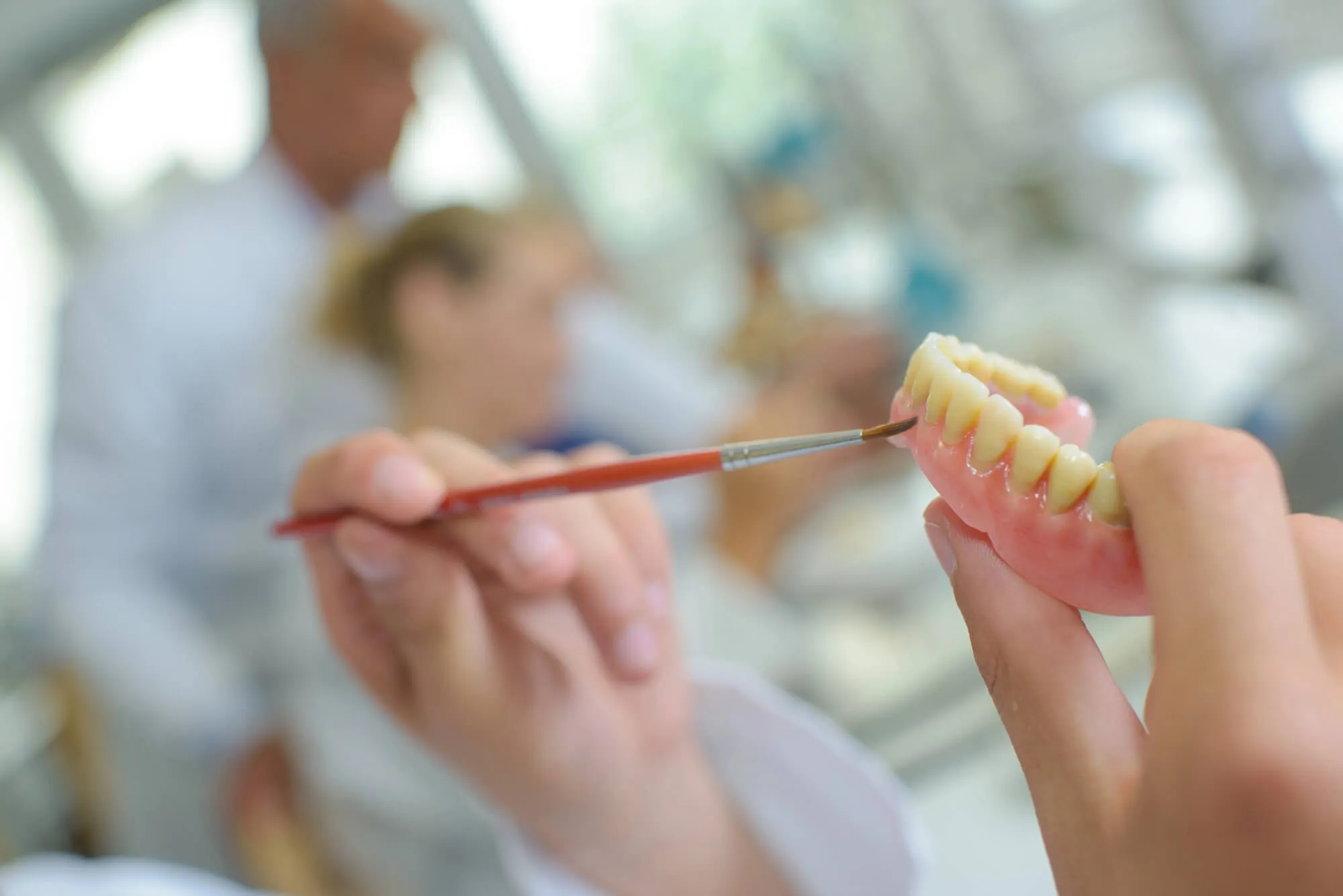
Do You Have More Questions About Dentures in Fort Lauderdale?
Both complete and partial dentures are effective ways to restore your smile and confidence. Complete dentures are ideal for replacing all the teeth in an arch, while partial dentures are designed to preserve and complement your natural teeth. The best choice depends on your oral health, lifestyle, and long-term goals.
Remember, you don’t have to make this decision on your own. A professional consultation will give you the personalized advice and guidance you need to choose the right option.
At 1500 Dental, we provide both complete and partial dentures designed to look natural, feel comfortable, and improve your everyday life. Whether you need to restore your full smile or replace just a few missing teeth, our team will work closely with you to find the best fit for your needs. Contact us today to schedule your appointment!





